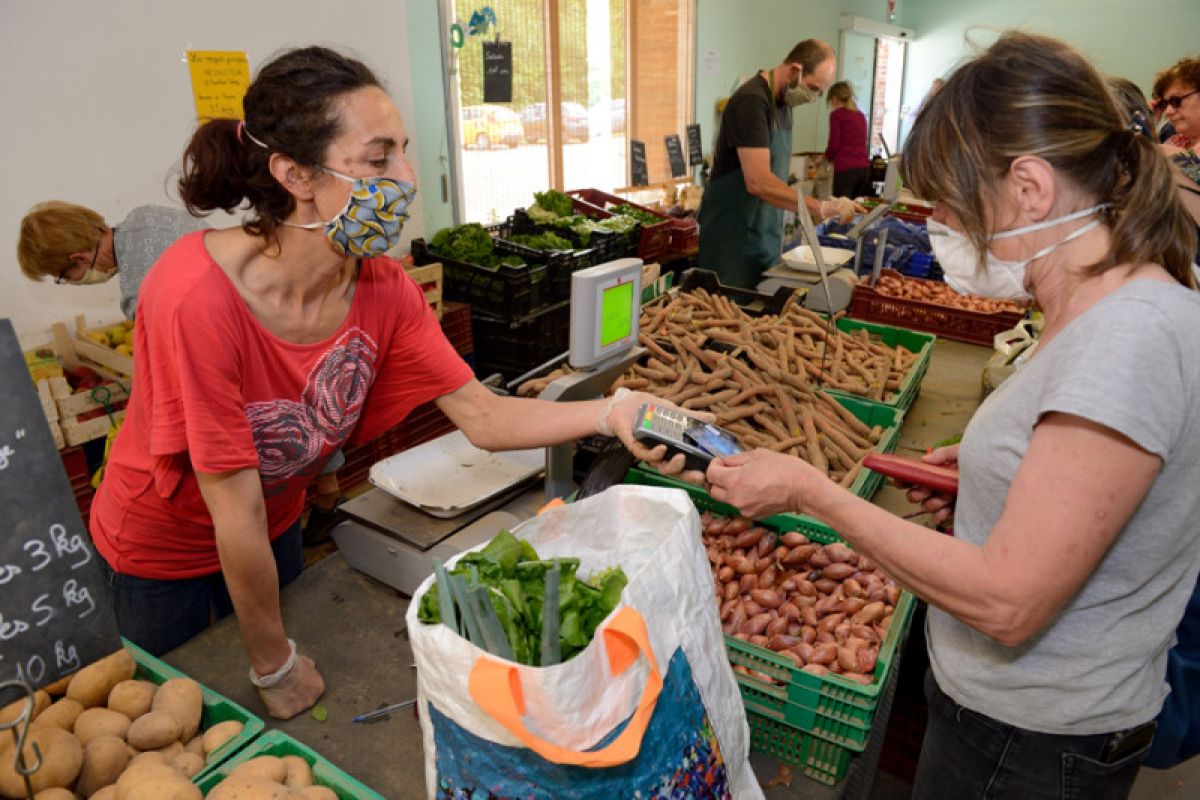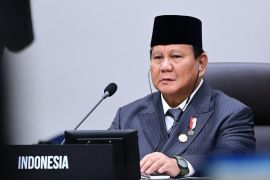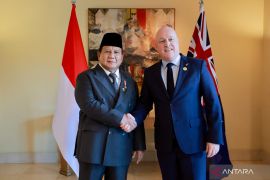The brief has been drafted by the APEC Policy Support Unit, according to a press release issued by the unit, which was received here on Thursday.
The recent policy brief on export restrictions and food security in the context of the COVID-19 pandemic shows that the variety of movement restrictions implemented across borders have affected the supply of food, especially perishables such as fruits, vegetables, dairy, seafood, and meat.
"Some governments have reacted to episodes of panic buying by implementing export bans or restrictions on certain food products, hoping to secure the availability of food," said Carlos Kuriyama, senior analyst with the APEC Policy Support Unit.
Kuriyama, who is the author of the policy brief, explained that those measures (bans and restrictions on food trade) could threaten food security and increase food prices, which would be detrimental to citizens, especially the poorest households.
"No matter that export restrictions are allowed in certain situations by the World Trade Organization (WTO) rules, it would be less trade-distorting to improve access to food by reducing import tariff rates than by putting export restrictions in place," he advised.
"By doing so, domestic consumers and firms will have access to greater quantities of food products at lower prices due to the increased availability of imported products," Kuriyama added.
According to the policy brief, at least four APEC economies have implemented export restrictions affecting food products since the beginning of the year.
Those restrictions include temporary export bans and quotas on food products such as rice, buckwheat, soybeans, wheat, maize, barley, and eggs -- all critical staples for families.
While the number of export restrictions and bans in APEC does not seem to be high at this point, the policy brief highlights the importance for member economies to stay vigilant and intensify cooperation efforts to avoid any escalation of those types of measures.
"The last thing we want to see in the current pandemic is a food crisis where the availability of food staples is scarce and prices are high," the APEC Secretariat’s executive director, Rebecca Sta Maria, acknowledged.
"APEC needs to ensure that the food supply chains remain open and available for all of our citizens, including vulnerable communities," Sta Maria stated.
The APEC region’s food security environment is in better shape today compared to the global food crisis of 2007–2008. APEC’s collective stock-to-use ratios for maize, rice, and wheat have doubled since then.
However, only less than one-third of APEC economies have improved their rice and wheat ratios, and more than half of APEC economies currently have their maize stocks-to-use ratios at low levels, below 10 percent.
"This reinforces the need to keep open trade policies as a tool to improve food stocks during this pandemic," Kuriyama explained.
Kuriyama also said that strengthening food security requires collective efforts in addition to open trade policies, such as maintaining connectivity, improving resiliency of food supply chains, keeping transparency, and reinforcing international cooperation, among others.
In response to the COVID-19 pandemic, the policy brief acknowledged that food security is an important and complex area that requires further analysis.
The APEC Policy Support Unit would work closely with the relevant APEC groups to gain a better understanding of the current challenges and support appropriate food security policy responses to COVID-19.
Related news: Jokowi upbeat about Kamijoro Dam improving food security
Related news: APEC ministers called to boost food security
Reporter: Yuni Arisandy Sinaga
Editor: Rahmad Nasution
Copyright © ANTARA 2020











